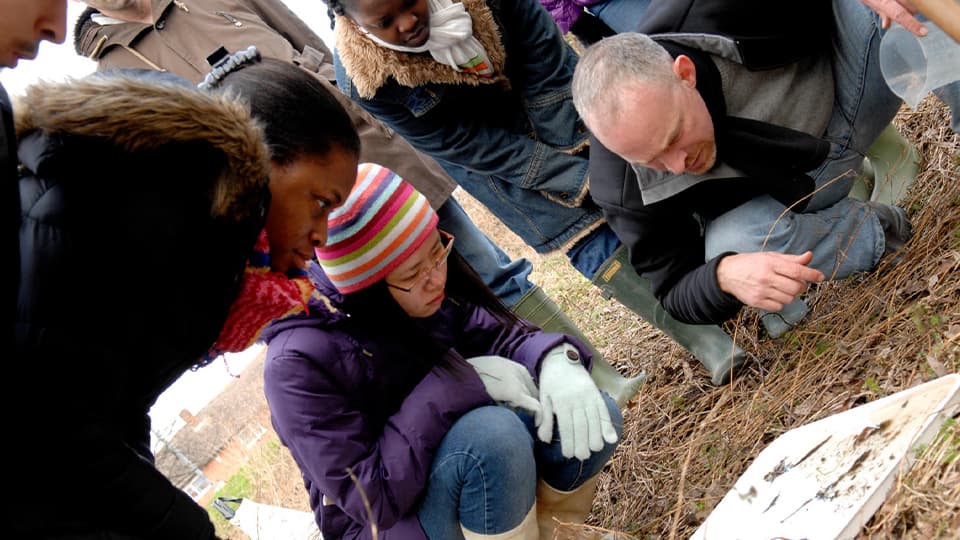Study at WEDC
At WEDC we offer courses for postgraduates and professionals in their field looking to expand their knowledge and career prospects. Find a course that allows you to master your skills and pursue your passion. Study with us in the UK or by distance learning.

Why choose WEDC?
There are many reasons why WEDC could be the right choice for you. Discover more about our accreditation, expertise, facilities, distance learning opportunities and more.



